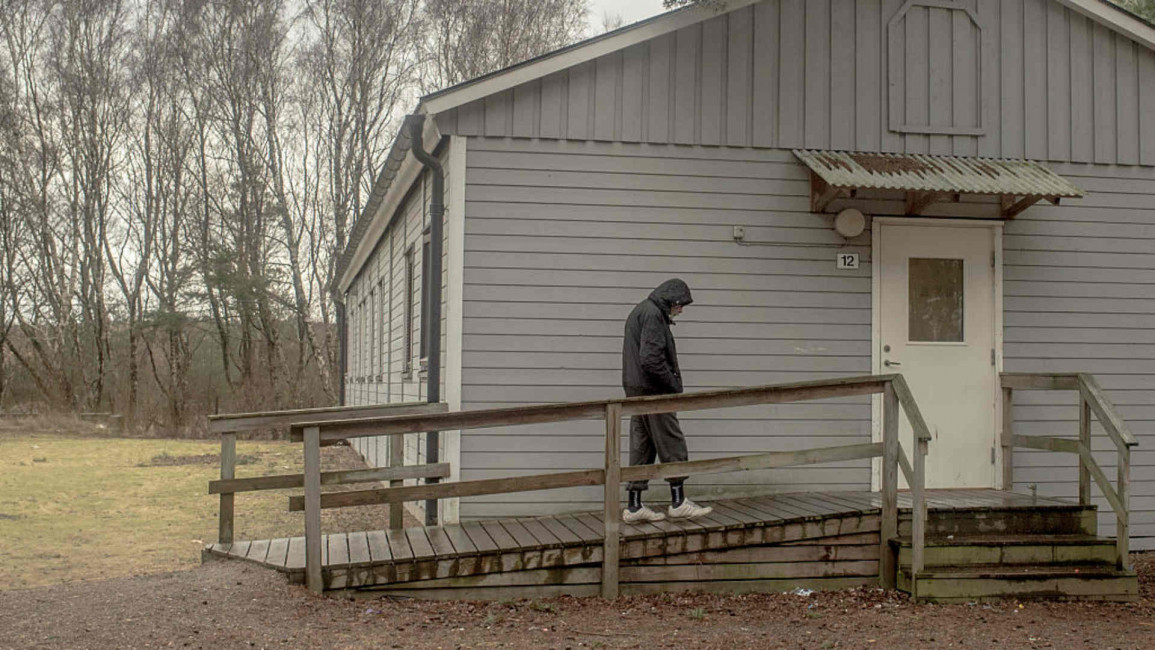
Neglecting refugees' mental health will ensure integration fails
In May 2016 Norway's integration policy changed to focus on ensuring, "that newly-arrived immigrants with refugee backgrounds enter the labour market or start an education without delay and acquire a permanent connection to the labour market," or attend university.
This helped to centre the discourse on refugees around job readiness, and marked a trend away from numbers-related refugee-centred policy.
The large 2015 influx of refugees to Norway in 2015, was comprised largely of Syrians and Iraqis fleeing conflict zones. Post-Traumatic Stress Disorder (PTSD), Major Depressive Disorders (MDD) owing to the uncertainty of their legal situation, and prolonged exposure to darkness (Seasonal Affective Disorder - SAD), can all affect their mental health.
According to Kristiansand based psychologist, Dr. Brigit Lie, refugees also experience what she terms a triple trauma, the extreme traumas of leaving, the physical journey and the struggle to integrate. Additionally, delayed waiting time in reception centres, a sense of mistrust and cultural differences all impact recently arrived refugees. The effects of war and additional traumas often take a toll on their ability to work or attend university.
Dr Gary Fischler says there is a direct link between mental health status and the ability to work, particularly in refugee populations. There is a refugee mental health crisis that is not being addressed, according to Dr Sverre Varvin, Dr Lie and Dr Patrick Koga, and it may be unrealistic to expect vulnerable populations to enter the work force successfully, especially without access to mental health services.
 |
The effects of war and additional traumas often impact their ability to work or attend university |  |
Fischler explains that psychological disorders impact vocational functioning, and the work of Stephen Fallows emphasises that vocational functioning is not solely dependent on cognitive skills; emotional functionality is also essential.
Gabriel Vargas explored vocational functioning among people with schizophrenia, and found low rates of employment among this population. Although an extreme form of mental illness, this study on demonstrates the correlation that can exist between employment impairment and mental health status.
Vargas' study viewed in tandem with a recent 2016 study conducted with 1.3 million refugees residing in Sweden, found a positive correlation between being a refugee and an increased risk of schizophrenia. Numerous studies also establish a strong connection between mental health status and vocational functionality.
A study of Iraqi refugees in California found that "trauma was a key influence on both the mental and physical health of newly arrived Iraqi refugees. The collective nature of the ordeals experienced during the war (PTSD)," resulted in poor mental health status.
 |
Work and university preparedness have proven their worth as effective integration programmes |  |
On a trip to Belgrade, Serbia in the summer of 2015 and during my visits to Norway, I interviewed several refugees as they transited to western Europe. Many shared traumatic experiences that they had found both mentally and physically disturbing, echoing Lie's findings.
Dr Lie, who worked with refugees in southern Norway for over 20 years, noted "the body's defense mechanisms let down their guard once they are safe and secure in a Nordic country, and this is when mental illness can set in". Dr Koga, Director of Refugee Health Research Center at the University of California, Davis, stated "a year or two after finding a safe haven in California, many of our refugees break down mentally".
Although the literature suggests that integration programmes globally are not producing the outcomes they were designed for, Norwegian researcher Ariana Fernandes notes that many of the programmes in place in Scandinavia are efficient. Work and university preparedness have proven their worth as effective integration programmes.
In my interviews with refugees in Norway in December 2015 and July 2016, as well as my work with refugees since 2013, I repeatedly heard the same request, "we want to work," and "we want to go to school".
 |
'A year or two after finding a safe haven in California, many of our refugees break down mentally' - Dr Koga, University California Davis |  |
Both policy makers and refugees want the same results. However, this depends on governments providing the means to successfully implement and support current integration policy.
Neglecting the mental health needs of refugees may prove detrimental to Norway's stated policy goals. As integration policy emphasises entry into the labour market, refugees with mental health issues may not be prepared to participate in work-ready programmes.
A prerequisite to ensuring better policy implementation should include the provision of mental health services, in order to promote entry into the labour market.
Failure to so do may result in exclusionary and discriminatory practices against refugees with mental health issues. Further, their inability to seek labour opportunities may stigmatize them as lazy.
Since the election of Conservative Party member Erna Solberg as prime minister, Norway has taken a hardline stance on the refugee crisis and passed laws to discourage potential asylum seekers from seeking refuge in Norway. A main focal point of this new stance revolves around the employability and work readiness of refugees.
Recent employment figures released in April 2017 by Statistics Norway found than only half the refugee population is employed, with Syrians making up the lowest proportion at 18 percent.
The situation presents an urgent need for policy makers seeking to address the needs of asylum seekers, while tempering popular opinion and budgetary constraints. This challenge has broad implications for other western countries now hosting high numbers of refugees, and highlights the importance of policy making that addresses the needs of both refugees and host countries.
Anisa Abeytia is a writer whose work has been featured in The Hill, Brunei Times, The Dubai Sun, Orient.net and the Middle East Observer. Abeytia holds an MS and an MA from Stanford University in Post-Colonial and Feminist Theory.
Follow her on Twitter: @AbeytiaAnisa
Opinions expressed in this article remain those of the author and do not necessarily represent those of The New Arab, its editorial board or staff.



